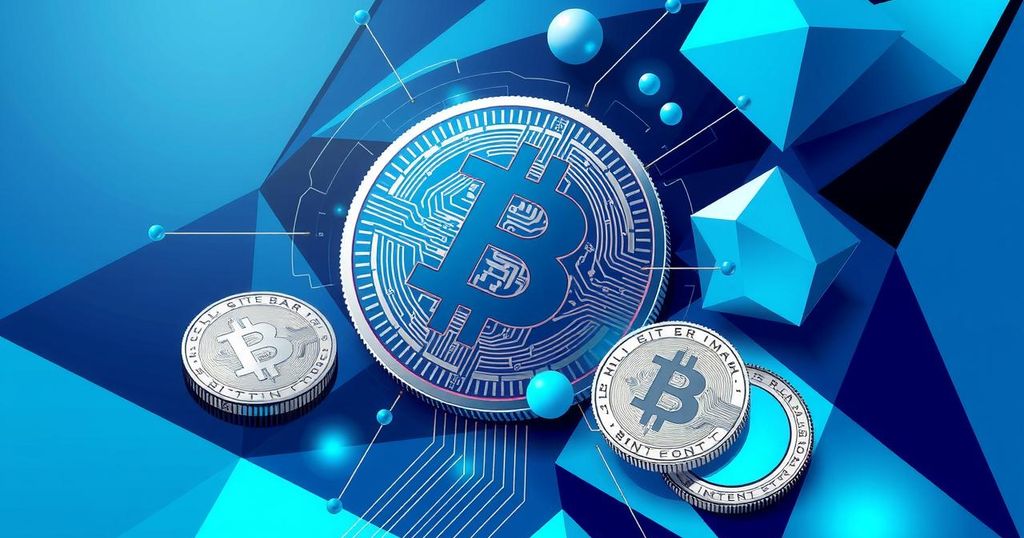Trump Denies Personal Gain Amid Pro-Crypto Stance in Recent Interview
Donald Trump denies profiting from his administration’s pro-crypto policies, stating his interest is to compete with China and support growing public demand. A study claims his crypto investments may have increased his wealth, while scrutiny arises over potential conflict of interest in regulation. Recent estimates suggest his crypto assets could be worth $2.9 billion.
In a recent interview with NBC News, US President Donald Trump firmly dismissed claims that he stands to personally benefit from his administration’s supportive stance on cryptocurrencies. He emphasised that his interest in crypto predates the election, asserting, “I’m not profiting from anything. I think crypto is important because if we don’t do it, China’s going to.” Trump views the burgeoning market as vital, arguing its resilience against broader market declines proves its popularity.
He elaborated that millions of Americans have a growing interest in cryptocurrencies, which he believes warrants governmental support. Interestingly, he noted that while he might profit if his stock investments rise, he is not doing anything to specifically leverage his political position for personal financial gain. This declaration follows the release of a study from the State Democracy Defenders Action nonprofit, claiming that Trump’s recent engagement with crypto has significantly increased his wealth.
Despite the early stage of digital asset regulation, the study indicates that Trump’s lack of divestment from his crypto holdings raises eyebrows of potential conflicts of interest. The findings suggest that his administration may be adopting a less stringent regulatory environment compared to his predecessor, potentially benefitting his financial standing. According to a recent estimate from Fortune, Trump’s crypto investments could be worth as much as $2.9 billion, which adds further complexity to the narrative surrounding his policies.
As the debate over the impact of Trump’s crypto policies continues, it’s clear that the conversation isn’t just about technology but interlocks with pressing questions of ethics and governance amidst the fast-evolving world of cryptocurrencies. Trump’s statements and the surrounding study prompts essential scrutiny of how crypto regulations can intertwine with personal financial interests.
In light of such developments, it’s imperative for observers to dissect the implications of Trump’s crypto engagement while recognising the risks involved in such investments. As always, readers must do their due diligence when delving into cryptocurrency and digital assets, as financial decisions carry their own unique risks.




Post Comment